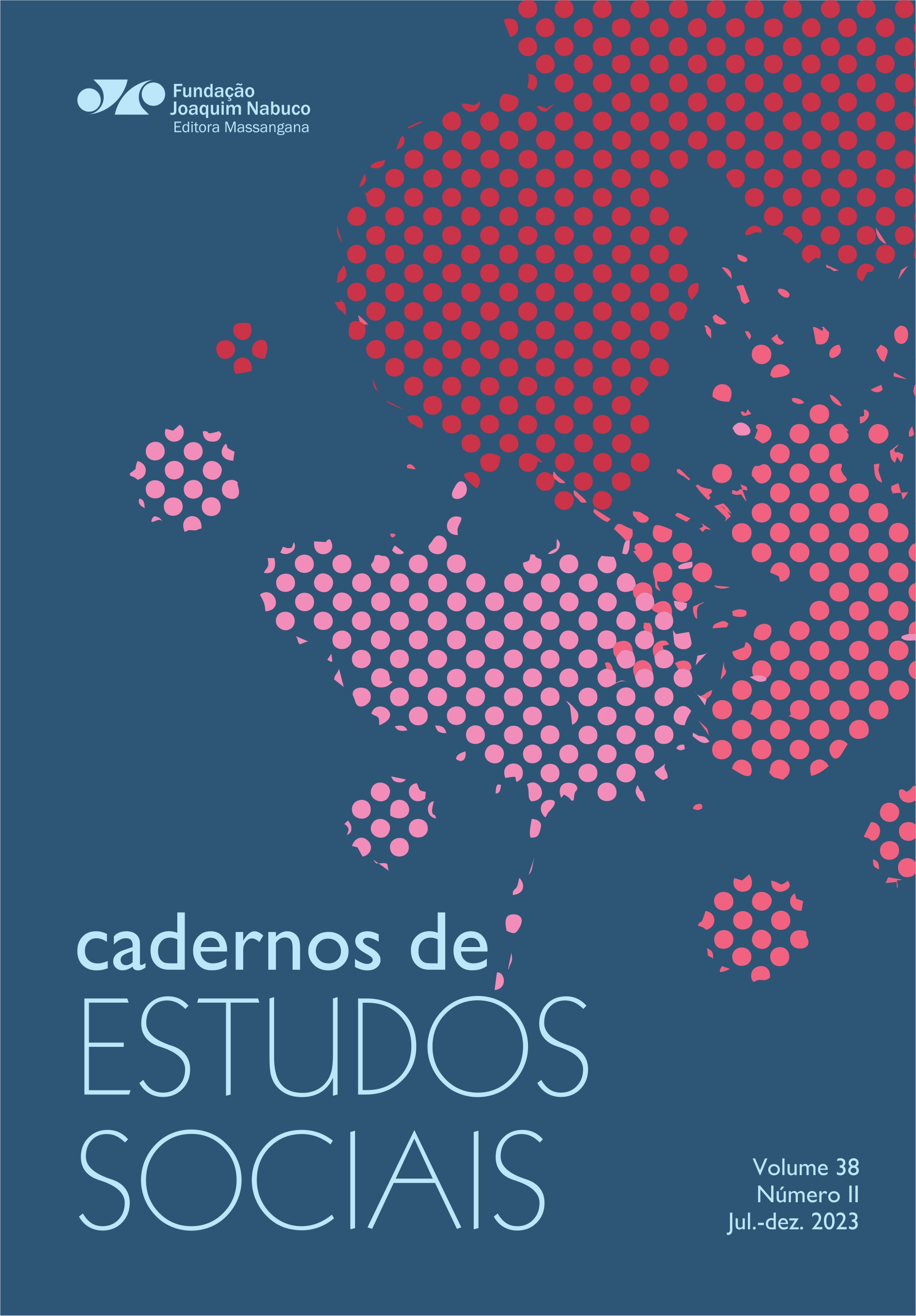EVALUACIÓN DE LA DISTRIBUCIÓN DE LA CARGA TRIBUTARIA EN BRASIL UTILIZANDO LOS MICRODATOS DE LA ENCUESTA DE PRESUPUESTOS FAMILIARES (POF 2017-18)
DOI:
https://doi.org/10.33148/CESV38n2(2023)2166Resumen
Considerando que el bienestar social es sensible a la desigualdad, este artículo busca evaluar la distribución de la carga tributaria en Brasil, utilizando la Encuesta de Presupuestos Familiares (POF 2017-18), además de medir el nivel de progresividad/regresividad del sistema de impuestos. Se trabaja con los microdatos POF 2017-18, con el fin de estratificar a las familias en deciles de ingreso per cápita, además de obtener información sobre el pago de impuestos directos, por hogar, así como su perfil a lo largo de los estratos de ingreso. También se calcula la distribución de la carga del impuesto indirecto sobre el consumo y, en detalle, sobre los alimentos, en la que se utilizan las tasas efectivas. Con los resultados es posible obtener la distribución de la carga tributaria total, así como calcular índices para medir la progresividad/regresividad. Se observa que los impuestos directos son progresivos, además, que los impuestos indirectos son regresivos desde la perspectiva de lo ingreso y neutrales desde la perspectiva del gasto y, por último, que la distribución de la carga tributaria total es proporcional, desde la vertiente de lo ingreso. Además, los índices de medición progresivos/regresivos calculados refuerzan los resultados obtenidos anteriormente, incluyendo que los impuestos sobre los ingresos son sustancialmente progresivos y que los impuestos indirectos a los alimentos son fuertemente regresivos.
Palabras Clave: Progresividad y Regresividad. Encuesta de Presupuestos Familiares (POF). Carga tributaria. Microdatos.
Descargas
Descargas
Publicado
Cómo citar
Número
Sección
Licencia
Derechos de autor 2023 Autor, concedendo à revista o direito de primeira publicação

Esta obra está bajo una licencia internacional Creative Commons Atribución 4.0.
Autores que publicam nesta revista concordam com os seguintes termos:
- Autores mantém e retém os direitos autorais. Os mesmos concedem à revista o direito de primeira publicação, com o trabalho simultaneamente licenciado sob a Licença Creative Commons Attribution que permite o compartilhamento do trabalho com reconhecimento da autoria e publicação inicial nesta revista.
- Autores têm autorização para assumir contratos adicionais separadamente, para distribuição não-exclusiva da versão do trabalho publicada nesta revista (ex.: publicar em repositório institucional ou como capítulo de livro), com reconhecimento de autoria e publicação inicial nesta revista.


